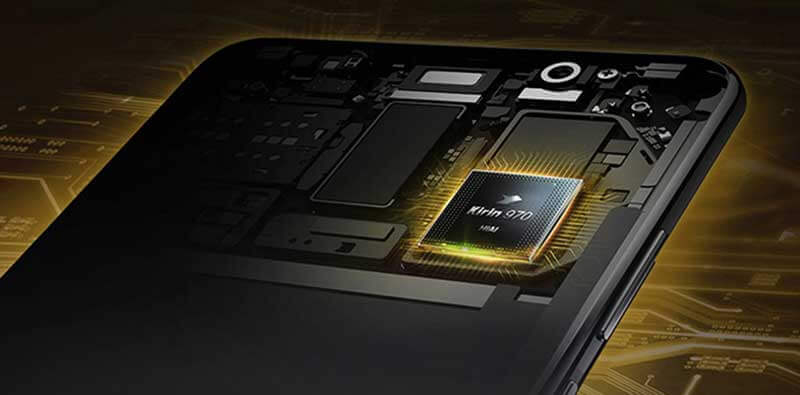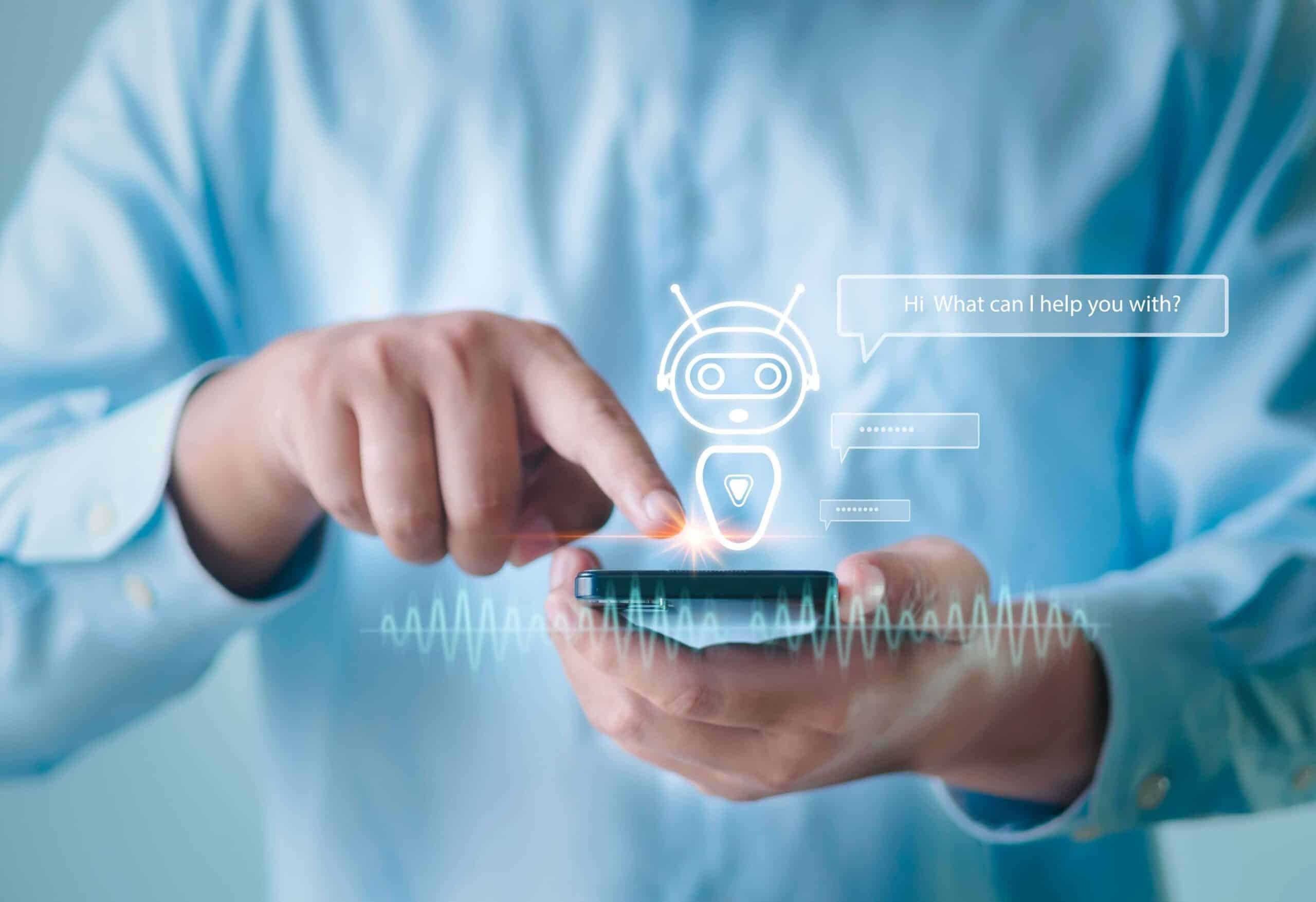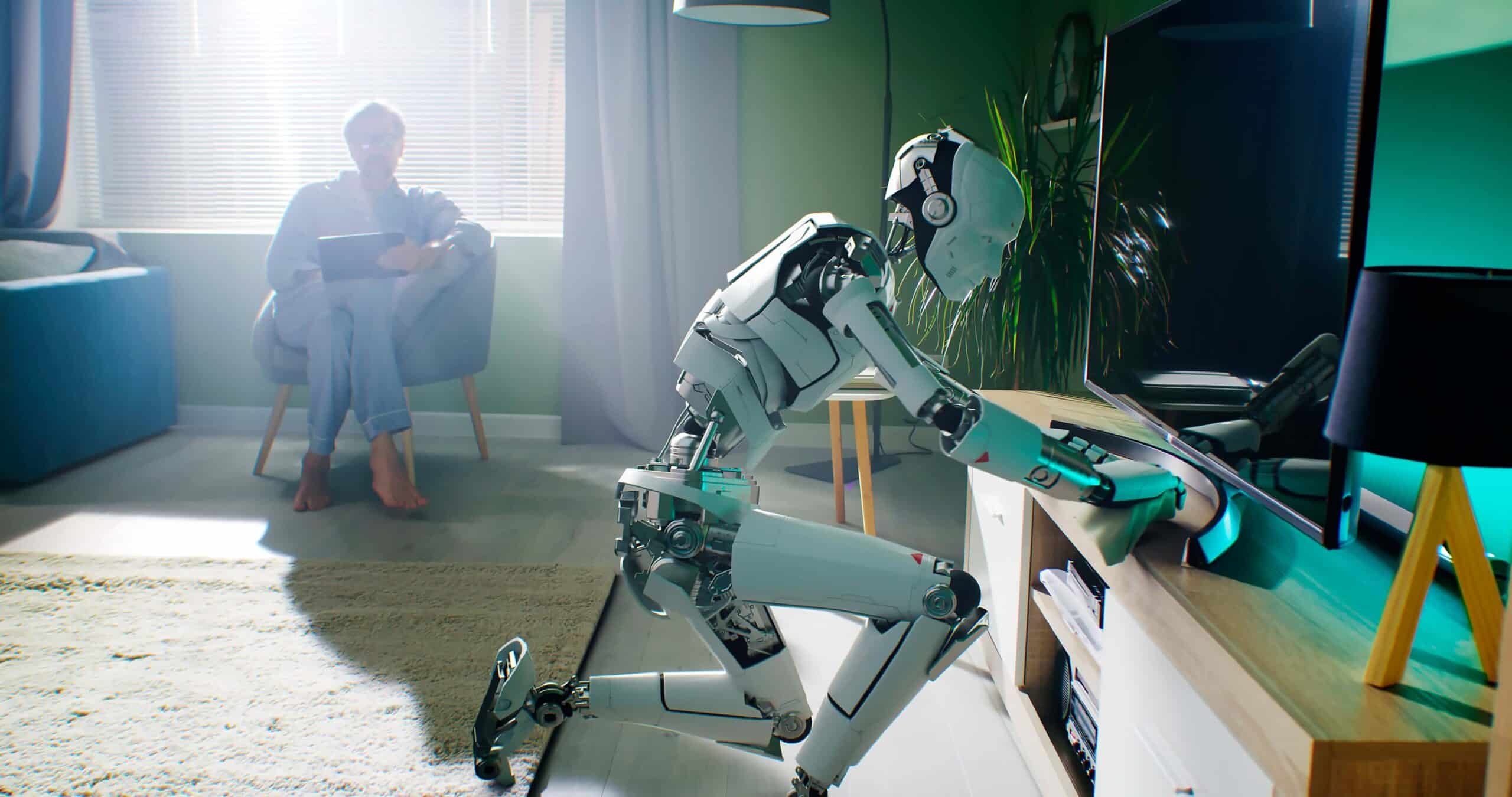- Mobiles will get much, much smarter
- Blockchain will diversify rapidly, and soon, it’ll be everywhere
- AI will go mainstream as its benefits are realised
- Electric smart cars will begin replacing fossil fuel polluters
2017 was an exciting year for tech. We witnessed advances in every sector we follow, and in many cases, saw game-changing new tech expand our sense of the possible. Facial recognition tech made paying with a smile a reality in China. Self-driving systems proved that they really can do their thing on the highways of the US. Biotech illustrated that bacteria could be turned into tiny solar cells, supplying the basis for bio-fuels and materials. And quantum computing took a giant leap forward, offering processors capable of speed that makes even the best conventional chips look positively glacial by comparison. These are just a few of the amazing new technologies brought to light last year.
We love the tech of 2017 – and we’re even more excited about 2018! It’s going to be a year of amazing advances, innovations, and breakthroughs. Here, we offer four fantastic predictions for 2018, showcasing some of the biggest trends we see for the year ahead.
Mobiles will get much, much smarter
Your smartphone is already pretty smart, but 2018 may be a new benchmark in just how clever a mobile can be. Companies like Huawei are developing new operating systems that can handle the processing power needed for cloud-based AI. The goal is to produce a mobile that’s aware of its surroundings, a personal assistant who understands context and can really help out. Frustrated when Alexa or Siri don’t get what you mean? We are too – and Huawei has the first step toward a solution, the Kirin 970, the processor that runs the Huawei Mate 10, released a few months ago!
The Kirin 970 is fast enough to drive AI, store your data securely, and save power and speed for the tasks that really need them. And when chips like this make their way into everyday devices like phones and smart speakers, expect a new kind of clever convenience.

This isn’t an incremental step forward, either. Ed Oswald, a tech journalist, asks us to see the coming year through the lens of this smarter tech. “Imagine picking up your empty bottle of juice and saying ‘Alexa, order this’ and it being ordered for you – without you – since Alexa understands what you’re looking at or holding.” And just imagine what else it could do!
Blockchain will diversify rapidly and soon, it’ll be everywhere
Cryptocurrencies like Bitcoin are all the rage, but savvy investors like Warren Buffet are wary. He’s not holding back because he’s tech-shy, but rather because he hasn’t seen the underlying demand for a digital currency. He may be right – time will tell. But even skeptics are impressed by blockchain, the software architecture that makes Bitcoin possible. As Azeem Azhar, an expert in machine learning and a science writer for the World Economic Forum, reminds us, “Below the speculative froth, in calmer waters, sober-minded teams are coming together to tackle real problems using the unique attributes of blockchain technologies.”
If you love tech like we do, blockchain does not need an introduction at this point. This distributed ledger system’s incredible security and transparency are shaking the foundations of business. From real estate to banking, healthcare to energy, blockchain is winning admirers and finding new ways to smooth and secure transactions. Indeed, Jeremy Epstein goes as far as to say that “Any industry that is full of intermediaries loses a lot of value along the transaction path, and lacks transparency and trust, is an industry that is ripe for blockchain-driven disruption.” We couldn’t agree more!
In 2018, we anticipate that blockchain will become the dominant tech facilitating transactions. Simply put: expect it everywhere.
AI will go mainstream as its benefits are realised
The power of AI to drive predictive analytics, sift through big data, and make informed recommendations for its human co-workers can be a hard sell. People often misunderstand what smart algorithms, image recognition, and machine learning can do. Those in the know realise that they’re powerful tools that can help professionals get more done, more efficiently. From DNA sorting to radiology, AI is proving its worth. But experts see a looming problem slowing the adoption of the tech. “People don’t know how to do this stuff,” explains Rob Koplowitz, an AI expert for Forrester. “There needs to be some hand-holding here in the early stages.” Koplowitz points to two issues. First, non-tech firms need to be sold on the advantages of artificial intelligence. And second, we need more people who can work in the difficult field of machine learning.
Our best bet is that, as more people witness the power of AI first-hand, the tech will continue to reach critical mass, exploding in popularity. That won’t happen overnight, and it will require continued investment from Google and Amazon in their ‘consulting’ wings – teams that help sell the benefits of machine learning and image recognition to mid-sized, non-tech firms. But as more industries see the benefits of AI in 2018, we expect a rapid embrace of this new tech.
Microsoft and Amazon are already funding ed programs for machine learning. Swami Sivasubramanian, an AI expert at AWS, has begun teaching this hard topic to newbies, who found the tech easier to code than you might think. “We’re going to make machine learning a normal part of programming,” he told Wired. If he’s successful – and we’re betting on it – anticipate a new wave of AI augmentation in business.
Electric smart cars will begin replacing fossil fuel polluters
Our last prediction is a no-brainer. Clean energy is on everyone’s minds. And cleaner cars are a big piece of the green power puzzle. As Europe reconsiders diesel in the wake of the Volkswagen scandal, and invests in wind, solar, and tidal, the way we fuel our cars is going to change. And innovations in battery tech, driven by revolutions in storage capacity and charging speed, are bringing electric cars from the minds of designers to motorways near you.
We think that the trend won’t be only toward battery-powered vehicles, but toward smaller, smarter cars generally. As Alexis Madrigal, a science writer for The Atlantic, predicts, “Over time, I think less and less space on urban streets will be dedicated to multi-passenger, fast-moving cars and trucks, and more to single-passenger, medium-speed vehicles.”
The tech behind these four predictions could transform your life in the New Year, changing how you live, work, and travel. And surely, they’re just a small part of the wonders to come.



